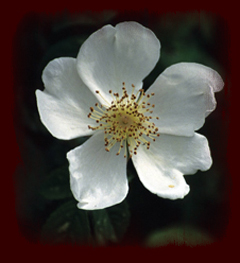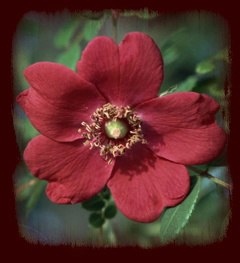
CLAN OF TUBAL CAIN

For Robert Cochrane 1931-1966 -- |
||||
Havamal The poetic motif presents advice, proper conduct and wisdom for the living. Hávamál speaks to the intellect and to the deep mind of practical and metaphysical in things. Following on from the "Hávamál proper" the Rúnatal follows giving an account of Odin’s victory, how he sought and won the runes, and with them their application in the Ljóðatal, which is a list of magic chants or spells. Rúnatal or Óðins Rune Song, Rúnatáls-þáttr-Óðins (stanzas 138-146) is a section of the Hávamál where Odin reveals the origins of the runes. In stanzas 138 and 139, Odin describes his sacrifice of himself to himself:
Yggdrasil, the world tree, of wisdom, life and death is commonly thought to be the "windy tree" from which the victim is hung [not hanged]. Havamal may be viewed as mystical text and the narrative stresses Odinn’s self sacrifice on Yggdrasil, linking his knowledge with life, death and initiatory trial by ordeal. A narrative interpreted as relating to sacrifice and initiation. Within this sequence, which begins with the seeker, the victim himself becomes the beneficiary.
“The seeker of knowledge moves from the bondage of ignorance, through atonement towards awakening into the light of knowledge.”(3) 139) Neither horn they upheld nor handed me bread; A similar process may be found in another ordeal undertaken by Odinn, this time in Grimnismal, where Odinn is again bound (Fetter breaker, Havamal 149), and after retrieving another prize, this time the ‘mead’ he is given the insight and eloquence to expound wisdom. The three vats of mead in in Snorri’s translation reveal an interesting pattern.
140) From the son of Bolthorn, Bestla's father, And so this poem ends cogently with the hints of those insights as keys for others to follow. He guides and inspires through his poetic visioning wrought through language and rich metaphor. Teacher, guide, trickster, poet and ‘vitki,’ all titles that slip easily over the frame of Robert Cochrane. One and the same- both as one! For the nine nights and days he hung in that liminal place, twixt death and life, on the Tree of his World, may Odhin have granted him the three gifts, above. It is not without synchronicity and import that phenomenal portents will raze in the celestial arc during the next few days, paralleling the days over which, 44 years ago Robert Cochrane after taking his own life, lay poised for nine days and nights until She called him home again. My initial impressions are that this is of immense significance to those who still read celestial and stellar omens. This is, I believe, surely a tide of startling import. Musing over the singularity of this event, the faerie moon [Cain] in Capricorn [the goat fish/old young horn kings] the line of seven planets [angelic potencies/watchers/generations] the grand cross [all father] partial eclipse [veil -shekinah] and the herald himself, the green comet appearing this once and never again, denotes to me, the Viridiant Spirit of Gnosis returning. It is also noteworthy that it is seven years since E. J. Jones passed into spirit. Another cycle completed. Nothing is in isolation and nothing affects only one plane or realm. Nothing is forgotten, nothing is ever forgotten... Refs:1 http://www.chronarchy.com/runes/havamaly.html 2 http://en.wikipedia.org/wiki/Hávamál 3 http://www.runegild.org/pq_havamal.html 4 http://www.runegild.org/pq_havamal.html 5 http://www.chronarchy.com/runes/havamaly.html
|